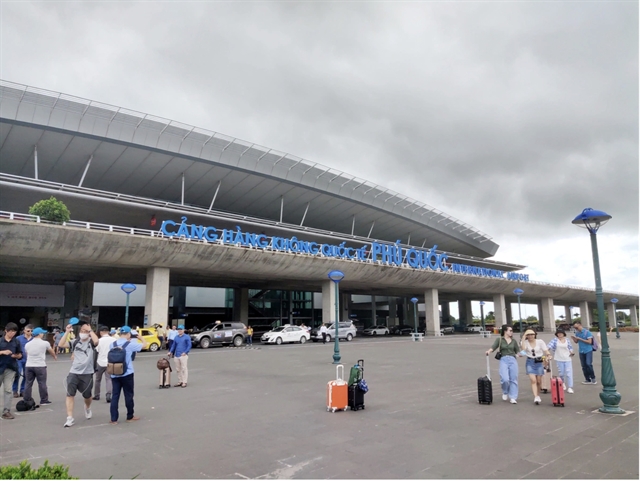▌Câu trả lời hay nhất
According to the plans,úQuốcAirportcapacity tuyet che bom tan Phú Quốc International Airport will be expanded, increasing its capacity to approximately to 18 million passengers per year by 2050.
 |
| Phú Quốc International Airport will be used for both civil and military purposes. — VNA/VNS Photo |
HÀ NỘI — The Civil Aviation Authority of Việt Nam (CAAV) has recently submitted a proposal to the Ministry of Transport for Phú Quốc International Airport to be expanded to accommodate 18 million passengers per year by 2050.
The proposal outlines plans for the airport to be used for both civil and military purposes.
According to the plans, which were approved by the Prime Minister in 2023, Phú Quốc Airport is expected to expand its capacity to 10 million passengers and 25,000 tonnes of cargo per year by 2030.
The proposal also states that over the next five years, Phú Quốc International Airport will be designated as a 4E-class airport according to International Civil Aviation Organisation standards as well as a level 2 military airport.
The airport will have a total of 30 aircraft stands, accommodating aircraft types like the B747, B787, A350 and equivalents.
By 2050, the airport's capacity will be increased to 18 million passengers and 50,000 tonnes of cargo per year. During this period, the airport will have 45 aircraft stands (including nine code E and 36 code C stands).
The Ministry of Transport evaluates the plans for Phú Quốc International Airport as necessary to ensure synchronisation with overall planning for the national airport system through 2030 as well as with the planning of Kiên Giang Province.
According to statistics from the Department of Tourism of Kiên Giang Province, in 2023, Phú Quốc island city welcomed over 5.5 million visitors, an increase of more than 14 per cent compared to 2022. Tourists to Phú Quốc accounted for about 67 per cent of the total number of visitors to Kiên Giang.
The city's tourism revenue was approximately VNĐ13.928 trillion (US$567.45 million), an increase of 92.5 per cent compared to 2022. — VNS












